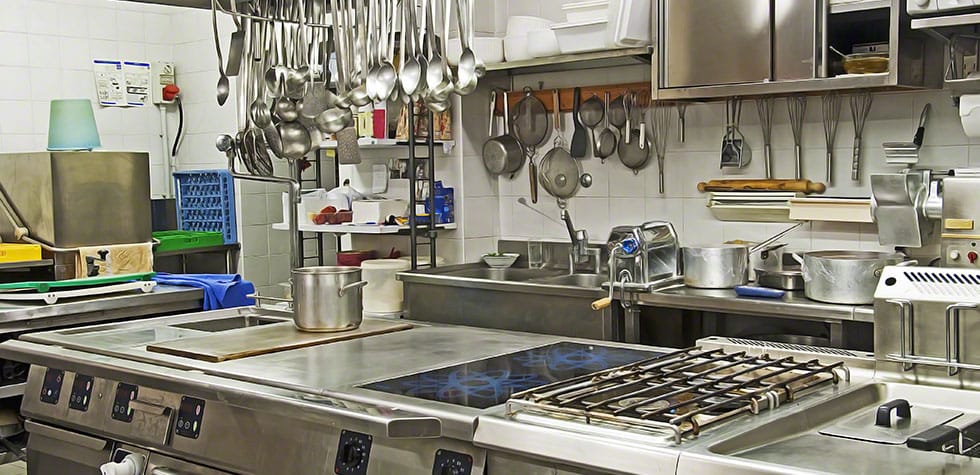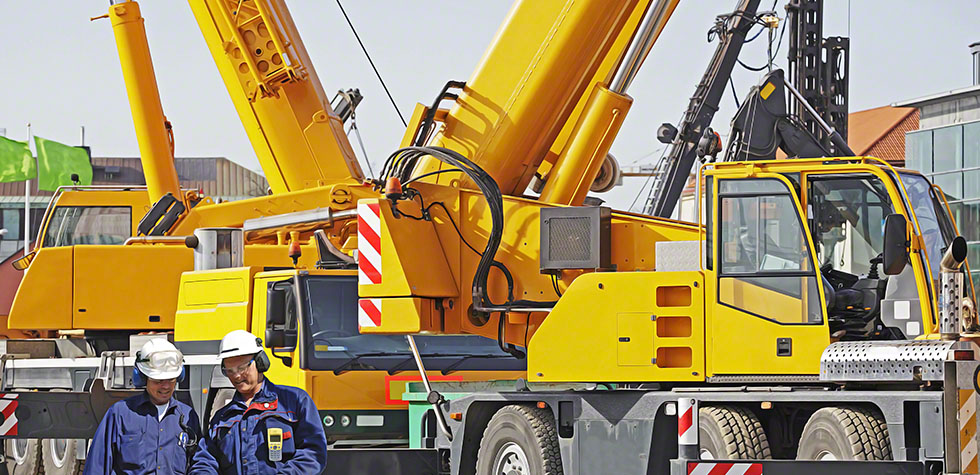Owning and running a commercial restaurant entail handling a multitude of responsibilities. While the quality of the food should be your top priority, you cannot ignore the maintenance of the equipment your team uses every day for convenience. A commercial dishwasher is one of the most important pieces of equipment in a commercial kitchen. Like other electronic appliances, it can also run into problems. But you should be aware of how to tackle such issues and when to call in a commercial kitchen appliance repair expert. Let’s know about the reasons your commercial dishwasher may not be cleaning the dishes properly and help you troubleshoot the issue.
Why Is My Commercial Dishwasher Not Cleaning Properly?
User Error
A common mistake that causes commercial dishwashers not to properly clean the dishes is improper loading. Some restaurant owners believe that commercial dishwashers can wash multiple types and batches of dishware at the same time. While that is true to some extent, if you observe closely, you will see there are compartments inside.
This means every dishwasher comes with a limited ability to wash and clean a limited number of dishware items at a time. So, if you were to stuff and overload the machine, the water, along with the detergent, during the washing cycle inside the dishwasher, will not be circulated properly. As a result, some dishes will come out partly washed or not at all.
Another common mistake is using too much detergent. Some people believe that using excessive detergent will help clean the dishes more thoroughly. The problem is that it could result in excessive suds and may even cause leaks or damage to take place.
This is why it is extremely important to go through the user manual and the instructions mentioned on the back of the detergent. If the recommended detergent is not available, you should consult an expert regarding the replacement.
Wrong Type Of Detergent
You may think using any type of detergent will work, but the fact of the matter is that this minor factor plays a crucial role in the performance of the dishwasher. If your commercial dishwasher is not properly cleaning the dishes, it could be due to using the wrong type of detergent.
The detergent you use in the dishwasher should be able to handle grease, food residue, dirt, etc. From the outside, all detergents may look the same, but it is about their formation and cleaning ability that helps with proper cleaning.
The best way to find out the proper type of detergent you should use is to consult the user manual. Do not try to save money by using cheap soap, as it might damage the machine. Although commercial dishwashers are rough and tough machines, poor practices will significantly reduce their lifespan.
Clogged Detergent Dispenser
To properly clean the dishes, the dishwasher needs water and detergent solution. One reason the dishwasher may not be washing the dishes properly is that a clogged detergent dispenser. A blockage could be preventing the dispenser from dispensing detergent and not allowing it to release on time. This could result in poorly washed dishes that will still have residue spots on them.
If that is the case, you will need to consult the user manual to access the dispenser and clean it using a toothbrush. The gasket around the dispenser could also be cracked, causing leakage. If such parts or any other related components seem damaged, you will need to replace them.
Water Temperature
Water temperature plays an important role in the washing process of a dishwasher. Some people are not as careful as they should be when it comes to ensuring the dishes are spotless. Cold water does not help much to thoroughly remove the remnants and produce spotless dishes.
The ideal temperature of the water inside the dishwasher should be around 120 degrees Fahrenheit to ensure that both the bacteria and food particles are effectively removed during the washing process. This temperature setting is recommended by the majority of experts for the dishwasher to produce spotless dishware.
If your dishwasher is slightly old and does not come with a heat-boosting mechanism, you will need to heat the water to 120 degrees. However, be careful when dealing with such temperatures, as they can cause serious burns.
Hard Water
Hard water is the number one enemy of commercial dishwashers. This type of water is full of minerals like calcium and magnesium that will wreak havoc with your appliances. Fortunately, water softeners have been introduced that help catch these minerals and turn hard water into soft water.
The use of hard water can cause limescale buildup that will increase the maintenance frequency. Moreover, the effects will extend to the dishes as it will ruin their finish. If hard water is the reason your commercial dishwasher is not washing the dishes properly, you should use a vinegar mixture to clean the unit and remove any deposits.
Experts also recommend using a dishwasher cleaner to specifically tackle scale buildup and ensure the kitchen appliances run flawlessly.
This tip is useful for any appliance that uses water like an ice machine. So, before considering a commercial ice maker repair Arlington, you should thoroughly clean and descale it as it can solve many problems.
Spray Arm Issues
The spray arm inside the dishwasher is designed to distribute and circulate water and detergent throughout the machine during the washing cycle. It spins and ensures all the dishes are properly washed from all angles. If something is blocking or impeding its performance, the commercial dishwasher will not be able to clean the dishes properly.
To troubleshoot the issue, you will first need to ensure there isn’t anything blocking the movement of the spray arm while loading dishware inside. It could be as simple as a pan handle sticking out or a cutting board in the way. Make sure the dishwasher is not overloaded.
Then, inspect the components for blockage. You can use a toothpick or unclog holes, or a mixture of cleaning agent with warm water and a brush to remove relatively stubborn blockages. Depending on the make, model, and variant of the dishwasher, you may have to use some tools to access the components.
Dirty Filter
The filter inside your commercial dishwasher is designed to trap food residue, oil, grease, and other remnants. Dealing with such factors on a daily basis results in blockages. The older models do have self-cleaning filters, but today, you will have to manually take out the filter and clean it.
If the filter or filters tend to be clogged, it will not be able to clean the dishes properly. To make sure it is in a clean state, you will need to consult the user manual to access it. Use a soft brush and a cleaning agent to thoroughly clean the filter and reinstall it.
Keep in mind that the commercial dishwasher needs frequent professional maintenance, like the other kitchen appliances. Such investments go a long way in keeping unexpected troubles at bay.
Conclusion
Troubleshooting a commercial dishwasher that is not cleaning the dishes properly can be easy if you follow the tips mentioned above. But, keep in mind, there could be other reasons as well. For that, you will need to contact a commercial dishwasher repair Chantilly technician. However, it is your responsibility as a business owner to ensure the dishwasher receives proper care to guarantee smooth running.




